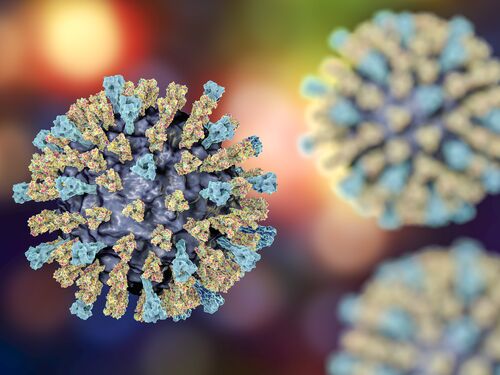Can science help people make decisions?
Based on Science
Looking at the latest science can help you make informed decisions, but it’s important to look at the broader context and assess the strength of the evidence when using science to inform decisions.
Last update April 16, 2021
Science is one of many factors that can help inform decisions.
Scientific studies can help people make many types of decisions. For example, science can help us learn which products are safe to use or which foods are healthy to eat. Doctors use science to decide how to diagnose and treat disease. Governments may use science to decide which rules to make and how to enforce them.
However, science isn’t the only factor that influences these decisions. Many other factors such as cost, convenience, and values can play a role.
Look at the broader context.
When using science to inform decisions, it’s good to look at multiple studies, not just the latest one.
Avoid making big decisions based on one study. Be especially careful with decisions that affect health and safety for yourself or others.
Look to see if many studies point to the same conclusions. If so, you can have more confidence in those conclusions. If there are no other studies, or if one study has very different results than the others, it may be wise to wait for more research.
Science can increase confidence in a body of knowledge, but there is always some uncertainty. It’s good to keep an open mind and be prepared for change.
Assess the strength of the evidence.
There are many ways to study our world. How can you tell which studies are good for informing decisions?
Look at how the study compares to others on the same topic. The newest study is not necessarily the best one.
Look at how the study was done. Studies that involve a larger sample or a longer time period may provide stronger evidence than smaller or shorter studies. It is also useful to look at the number of variables (factors that can change) in a study. It is tricky to study complex systems with a lot of variables, especially if they can’t be controlled. For example, in a study of child nutrition, it can be hard to control all the variables since a child’s school and home life can both influence what foods they eat. Take the results of these complex studies with a grain of salt.
Look at how the study is being shared. Results that are reported in peer-reviewed scientific journals are usually stronger than results shared through informal channels like a blog or that appear in pre-print form before undergoing peer review.
Look at who did the study. Consider whether the scientists have formal training and whether conflicts of interest could have influenced the methods or results.
A particular study might relate to your life or decisions, or it might not. Most scientific studies have a very specific focus. A study that focuses on older people may not apply to children, for example. Looking at multiple studies together can help you decide whether the conclusions apply to your situation.
ADDITIONAL RESOURCES
More like this
Discover
Events
Right Now & Next Up
Stay in the loop with can’t-miss sessions, live events, and activities happening over the next two days.
NAS Building Guided Tours Available!
Participate in a one-hour guided tour of the historic National Academy of Sciences building, highlighting its distinctive architecture, renowned artwork, and the intersection of art, science, and culture.




